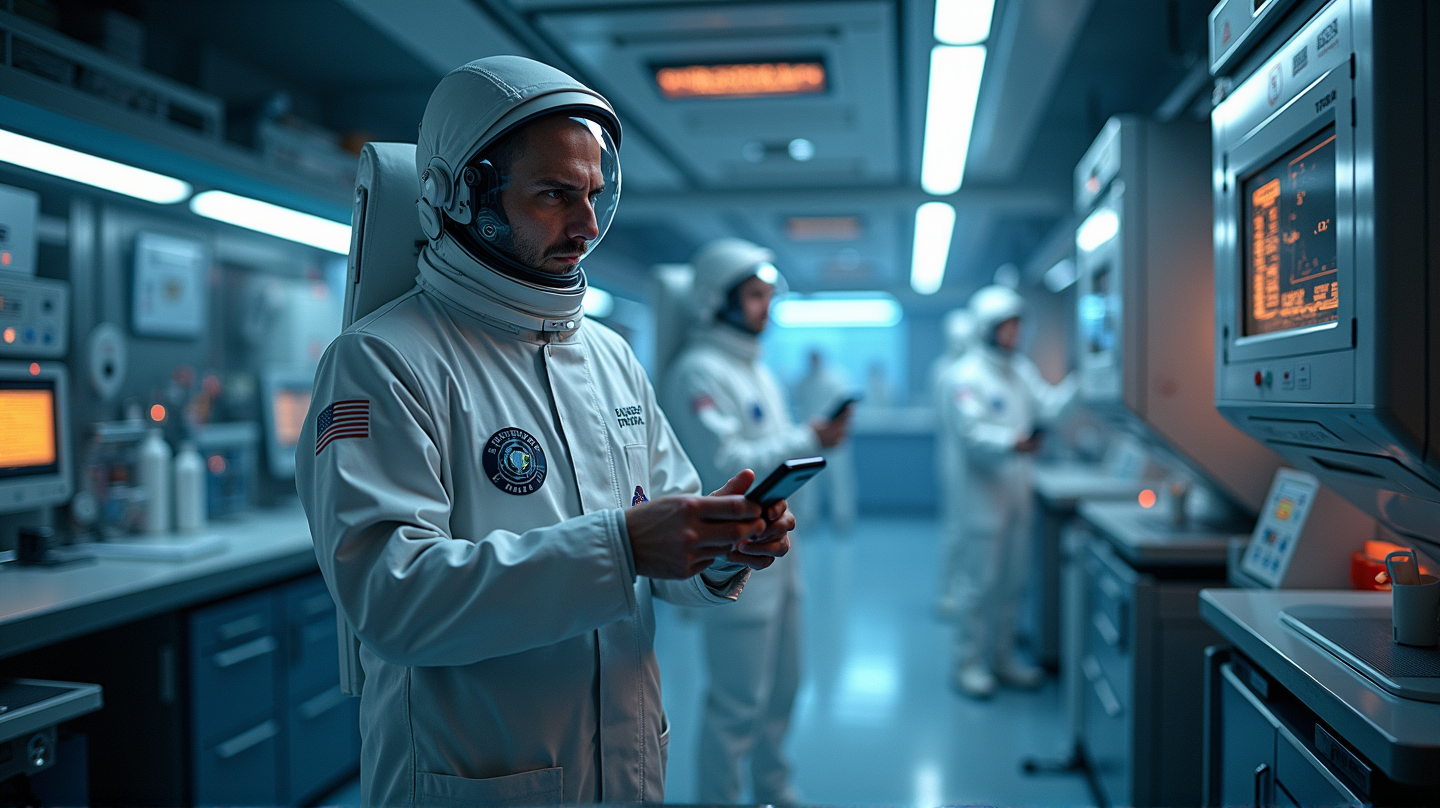UCF Launches Robotic Innovation in Space Medicine
UCF is revolutionizing space medicine with its new center, advancing health technologies for astronauts and benefiting Earth.

The University of Central Florida (UCF) has launched a pioneering initiative to advance space medicine, bringing innovative solutions from the cosmos to benefit patients back on Earth. The newly established Center for Aerospace and Extreme Environments Medicine (CASEEM) is at the heart of this endeavor, its goal to unravel the mysteries of how space affects the human body and spur the creation of cutting-edge medical technologies.
Pioneering Space Medicine Research
Under the leadership of Emmanuel Urquieta, MD, and adding the expertise of specialists like Dr. William Powers and Dr. Jennifer Fogarty, CASEEM is tackling the profound effects of microgravity, radiation, and isolation on humans. Powers, a seasoned aerospace medicine veteran, along with Fogarty’s insights into cardiovascular disease management in space, forms a formidable team taking space medicine to new zeniths.
Bridging Technology and Health
The center attracts faculty from diverse domains like medicine, engineering, and computer science, forming a robust multidisciplinary approach to medical innovation. Leveraging UCF’s proximity to the Kennedy Space Center, these collaborations aim to reverse-engineer spaceflight challenges into Earth-borne solutions, particularly in radiation therapy for cancer patients and innovations addressing aging and inflammatory diseases.
A Technology Cross-Pollination Hub
CASEEM is not merely a research hub but a cross-pollination of technologies intended for diverse settings like military and remote environments. Powers brings an arsenal of biomedical engineering expertise, dedicating efforts to transfer knowledge from space shuttle experiences to practical medical applications that could someday optimize community health systems.
The Frontier of Space and Beyond
Jennifer Fogarty encapsulates the pioneering spirit of the center: “When unpredictable health issues emerge in space, are we ready?” It’s not just about medical readiness but extending the knowledge to unpredicted scenarios here on Earth. According to Space Daily, her anecdotes, like the one about astronaut Mike Barratt adjusting to Earth’s gravity, highlight the human side of these groundbreaking scientific pursuits.
Applying Insights from Beyond
The groundbreaking work at CASEEM holds the promise to redefine medical practices both for future astronauts venturing to Mars and for those suffering on Earth. The shared vision among its leaders and a strategic location makes UCF an epicenter for transformative advances in global health, demonstrating how the quest for the stars significantly contributes to life on Earth.
The impact of UCF’s efforts in space medicine echoes beyond academia, carving out an innovative future for space missions and medical sciences alike.

